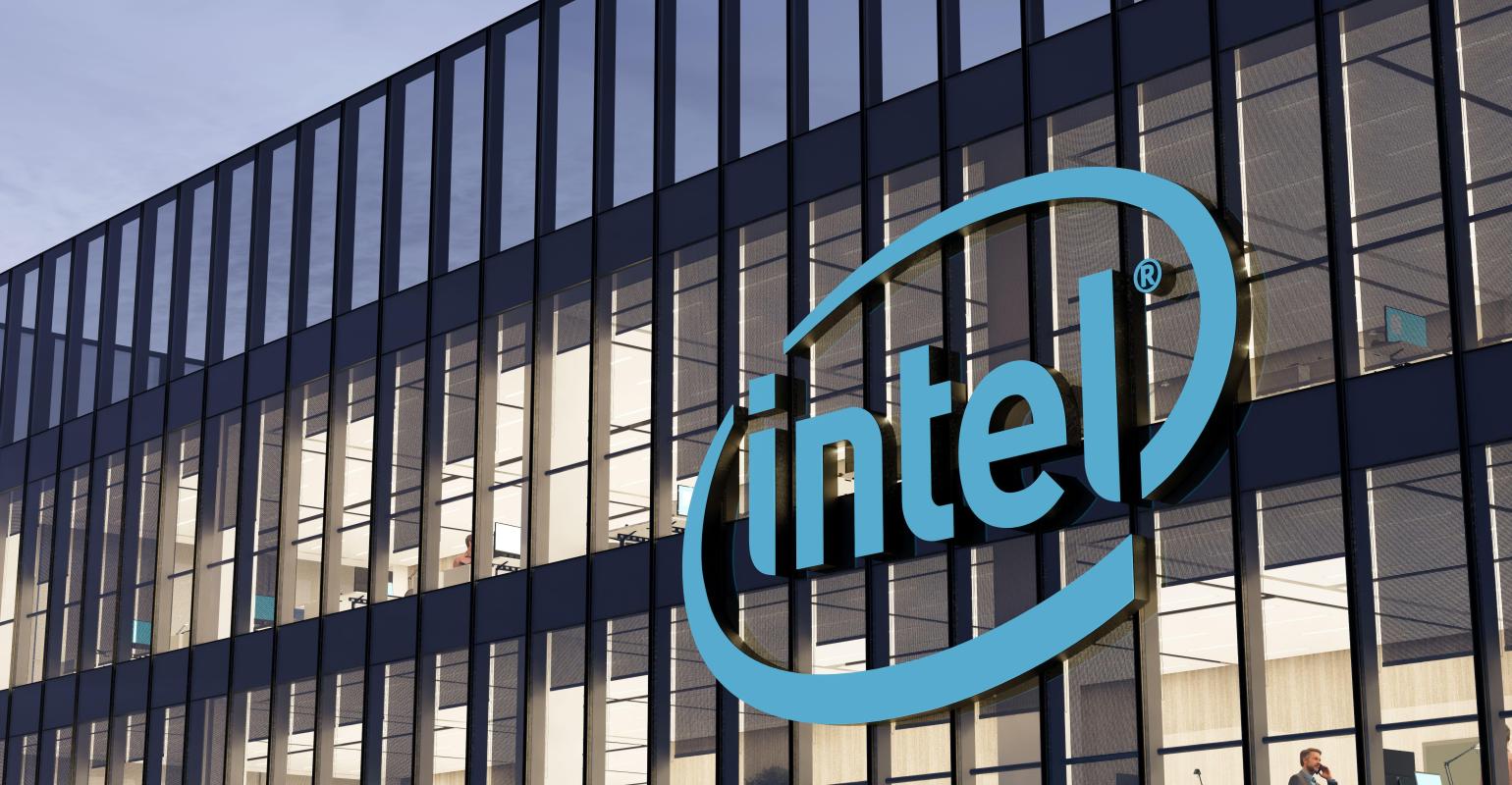As Intel Corp (NASDAQ: INTC) reports its Q2 results, investors are keen on margin improvement and the company’s push into the AI chip market. Find out more here.
As Intel Corp (NASDAQ: INTC) prepares to release its second-quarter results, investors are keenly interested in the company’s performance in terms of margin improvement and its strategic focus on the artificial intelligence (AI) chip market. Wall Street analysts have expectations of a loss per share of $0.03, with revenue anticipated to be $12.14 billion, reflecting a decline of nearly 21%.
Challenging Quarters for Intel
Intel has faced challenging quarters primarily due to weak demand from PC makers amid an industry-wide slowdown. The company’s Client Computing Group, which supplies PC makers, experienced a significant 38% decline in revenue during the first quarter. Global PC shipments also declined by 13.4% year over year in the second quarter, adding to the industry’s woes.
A Glimpse of Hope
Despite the difficulties, Intel offered a glimmer of hope by predicting a “modest recovery” in the PC market for the second half of the year. CEO Pat Gelsinger projected adjusted gross margins to exceed 40% during this period, aiming to reassure investors.
Intel’s Shift in Strategy: Embracing AI
In a bold move, Intel is shifting its strategy by focusing on the AI chip market. With the AI boom in full swing, the Santa Clara-based chip giant is developing chips tailored for AI applications. Additionally, Intel is collaborating with companies to sell generative AI to enterprise clients, positioning itself to compete better with Nvidia (NVDA) and Advanced Micro Devices (AMD).
Betting on the AI Boom
The shift toward AI indicates Intel’s significant investment and commitment to this emerging market. This strategic decision has been made even as the company has exited other profitable businesses, indicating the high stakes involved.
The TSMC Factor
Last week, Taiwan Semiconductor Manufacturing Company (TSM) reported a fall in second-quarter revenue due to global economic conditions and provided a cautious outlook. This reflects the challenges faced by chipmakers in the current market environment.
Intel’s Track Record
Over the past two years, Intel has managed to beat estimates in three-quarters of its earnings reports and revenue estimates in half of the cases. The stock has demonstrated strong performance, rising approximately 28% year-to-date.
Market Sentiment and Valuation
Seeking Alpha analysts, along with Wall Street and Seeking Alpha’s Quant Ratings, consider Intel’s stock to be a “hold.” The stock’s valuation has largely been influenced by growth metrics.
Expectations and Projections
In the previous three months, EPS estimates have experienced ten upward revisions and nineteen downward revisions, while revenue estimates saw twenty-three upward revisions and four downward revisions. This shows the level of uncertainty and volatility surrounding Intel’s performance.
Positive Q2 Earnings Report
Intel reported adjusted earnings per share of 13 cents for the second quarter, surpassing Wall Street’s consensus estimate of a 4 cent loss. Revenue came in at $12.9 billion, which exceeded analysts’ expectations of $12.1 billion.
Optimistic Forecast for Q3
For the current quarter, Intel projects a revenue range of $12.9 billion to $13.9 billion, with the midpoint above the consensus estimate of $13.2 billion. This upbeat forecast has positively impacted the stock.
AI’s Impact on Intel
As the first major computer-chip maker to report its second-quarter results, Intel faces concerns about the impact of surging demand for AI chips diverting funds from its traditional processors. Rising interest in AI and increased spending on data-center infrastructure may shift money toward graphics processing unit chips for AI applications, potentially affecting Intel’s server processors.
Conclusion
Investors eagerly await Intel’s second-quarter results to gauge the company’s margin improvement and strategic focus on the AI chip market. Despite previous challenges, Intel’s shift in strategy signals its commitment to capturing opportunities in the emerging AI landscape. The company’s positive earnings report and revenue forecast for the next quarter provide a glimmer of hope amid the industry’s uncertainties.
FAQs
- What are Wall Street analysts’ expectations for Intel’s Q2 results?
- Wall Street analysts expect Intel to post a loss per share of $0.03 and revenue of $12.14 billion.
- What challenges has Intel faced in recent quarters?
- Intel has faced weak demand from PC makers due to an industry-wide slowdown.
- How has Intel prepared to compete in the AI chip market?
- Intel has shifted its strategy to develop chips for AI applications and is collaborating with companies to sell generative AI to enterprise clients.
- What is the market sentiment for Intel’s stock?
- Seeking Alpha analysts, Wall Street, and Seeking Alpha’s Quant Ratings consider the stock a “hold.”
- What are the concerns about AI’s impact on Intel’s traditional processors?
- Rising interest in AI and increased spending on data-center infrastructure may shift funds toward AI-focused chips, affecting Intel’s server processors.

